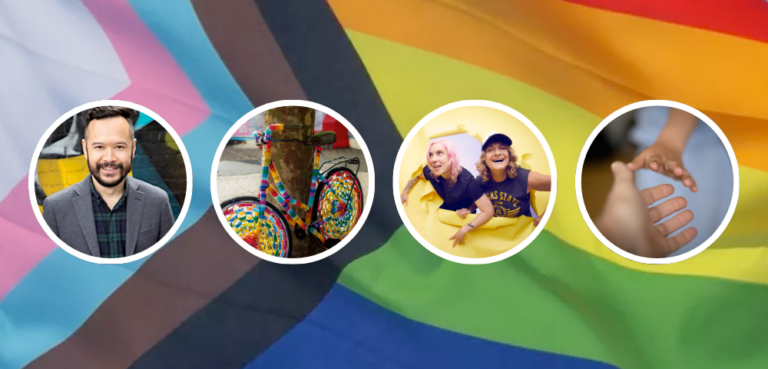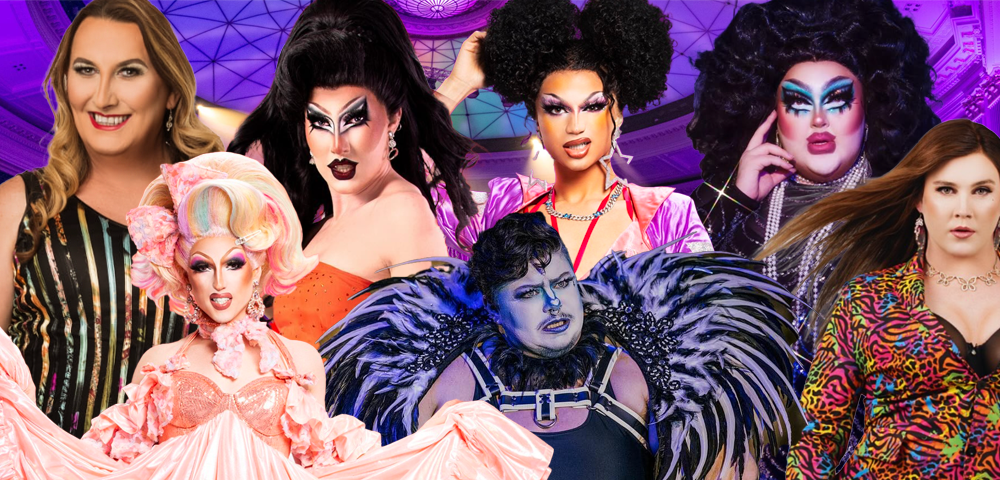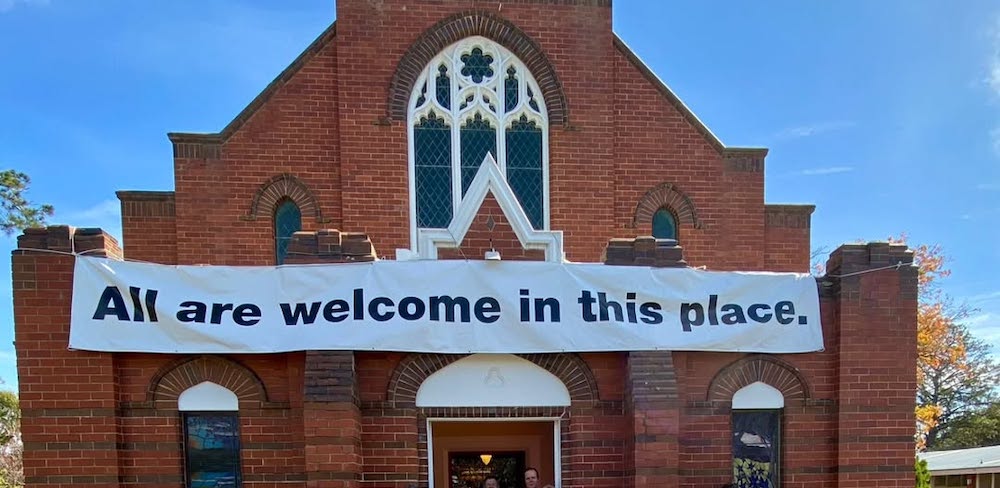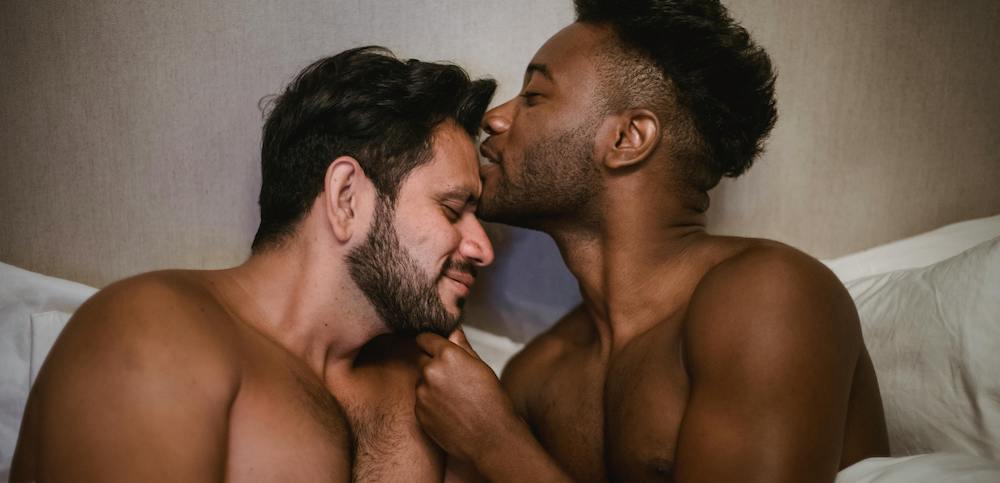
Ten milestones in LGBTIQ+ rights in 2018

Last year was another bumper year for LGBTIQ+ rights in Australia, but it wasn’t all about marriage equality.
Lee Carnie highlights ten LGBTIQ+ rights milestones from 2018 that we can all feel proud of achieving together.
***
1. Refused to pay a price for equality
In February 2018, LGBTIQ+ community organisations banded together to call for an end to religious exceptionalism as part of the Religious Freedom Review. With the Government’s announcement to rush through religious freedom laws in February 2019, we must continue to advocate against any attempts to wind back fundamental protections from discrimination for LGBTIQ+ people.
2. Adoption equality
In April 2018, adoption equality finally became a reality across Australia when the Northern Territory passed laws to allow equal access to couples regardless of gender. All adult couples now have an equal right to jointly adopt children, after 16 years of tireless work from many advocates across all states and territories.
3. Progress on marriage equality for trans and gender diverse Australians
Between May and November 2018, New South Wales, Victoria, Queensland, and the Northern Territory joined South Australia and the ACT in allowing trans and gender diverse people to stay married to the person they love when they change the legal gender on their birth certificates. Unfortunately, Western Australia and Tasmania haven’t passed their laws, leaving their Births, Deaths and Marriages registries open to potential discrimination complaints.
4. Righting the wrongs of the past
In May and September 2018, a dark chapter in Australia’s history finally closed when the Northern Territory and Western Australian parliaments became the last jurisdictions to pass laws allowing people charged under historic laws which criminalised homosexuality to clear their names. These unjust laws restricted employment, volunteering, and travel overseas, and were a source of ongoing grief and deep personal shame for our clients at the Human Rights Law Centre.
5. Broader protections from LGBTIQ+ hate crime in New South Wales
In June 2018, new criminal offences in New South Wales came into effect making it easier for police to prosecute hate crimes. 40 years after the first Mardi Gras march, there are now serious penalties for prejudice motivated threats or inciting violence against LGBTIQ+ people or people who have HIV or AIDS.
6. Commitment to repeal the gay panic defence in SA
In June 2018, after years of advocacy, the South Australian Government publicly committed to repealing the ‘gay panic defence’. The defence was last raised in the murder of Andrew Negre, who was brutally stabbed to death in 2011. South Australia is the only jurisdiction with this defence. In 2019, we need to make sure this commitment becomes a reality.
7. United Nations criticises Australia’s track record on LBTIQ+ women’s rights
In July 2018, I travelled to Geneva to speak to United Nations women’s rights experts to draw international attention to Australian governments failing to protect LBTIQ+ women’s rights, specifically intersex children subjected to medically unnecessary surgeries and treatment, and trans women unable to update their ID documents to reflect their gender.
8. Shining a spotlight on conversion therapy
In October 2018, the prevalence and ongoing harm caused by the conversion movement in Australia received public attention following the launch of our report with La Trobe University: Preventing Harm, Promoting Justice: Responding to LGBT conversion therapy. So far, the Victorian, ACT, and Queensland governments have publicly committed to addressing conversion therapy and taken steps to investigate further.
9. Commitment to end unfair expulsion of LGBTQ students
In October 2018, the Australian community was horrified to learn that legal exemptions still permit religious schools to expel children and sack teachers because of their sexuality or gender identity. For the first time, there is a bipartisan commitment to remove this exemption, but political point-scoring during the final sitting weeks in Canberra have meant that this critical reform has been delayed.
10. Fairer birth certificate laws in the NT
In November 2018, the Northern Territory Government listened to people like Central Islander Sistergirl Rosalina Curtis to remove discriminatory laws requiring surgical sterilisation to affirm your legal gender. The new laws will allow people to change their legal gender without undergoing surgery, allow people to be legally recognised as ‘non-binary’ and allow parents to apply on their child’s behalf. Legislation is being debated or developed in many other states and we must work to ensure that trans and gender diverse people can be recognised as who they are.
What’s next for 2019?
We still have a long way to go for full LGBTIQ+ equality.
We cannot stop demanding equality for every single member of LGBTIQ+ communities and holding governments to their commitments.
We need to keep students and teachers safe at religious schools. We need to remove every last stain of discrimination against LGBTIQ+ people in our laws. We need to amplify the voices of trans and gender diverse people to speak out for fairer birth certificate laws.
We need to listen to intersex-led organisations and support their calls to prohibit medically unnecessary surgeries and other interventions on intersex children.
If 2018 has taught us anything, it is that we are stronger when we work together. When LGBTIQ+ communities, and our friends, families, neighbours and colleagues stand up for equality – we are a force to be reckoned with. And we’re not going to stop now.
Lee Carnie is the incoming Director of Legal Advocacy at Equality Australia and a Senior Lawyer at the Human Rights Law Centre.










An important amendment is required in this article by Lee Carnie. First is what she wrote about transgender law reform. In brackets is what she should have written…
“Between May and November 2018, New South Wales, Victoria, Queensland, and the Northern Territory joined South Australia and the ACT in allowing trans and gender diverse people to stay married to the person they love when they change the legal gender on their birth certificates. Unfortunately, Western Australia and Tasmania haven’t passed their laws, leaving their Births, Deaths and Marriages registries open to potential discrimination complaints.”
[Wonderfully, Western Australia and Tasmania decided to go further with moves in both states for full equality. Let’s get right behind them as they aim to set new national standards.]
Do any members of the GLBTIQ still actually attend any operations by any Religious Businesses?
We know the Australian (Un-)Christian Lobby loathe us – they know nothing about the teachings of Jesus – which are almost identical, but adapted, just like later Christians did with all those wonderful Pagan Rites to fit in with the Pagans, to fit in with Judaism, to those as taught over 500 years before Jesus was born and it is said that during the time he disappeared before he started teaching it was reported at the time in India that a “man from the West had come and learnt about the teachings of Buddha (no, Buddha was /is not a “god” just an ordinary, if extraordinary human being like Jesus was.
The Catholic Church Loathes us. The Anglican Church Loathe us, Some Uniting Church Members Loathe us, Jehovah’s Witnesses, Salvos. Mormons, Pentacostals, and that pseudo-religion Scientology = they all loathe us so why do any of us take part in their hate-filled performances?
Every single one of those religious businesses were created by men in order to control men and, in particular, Women.